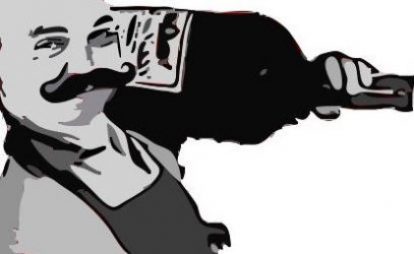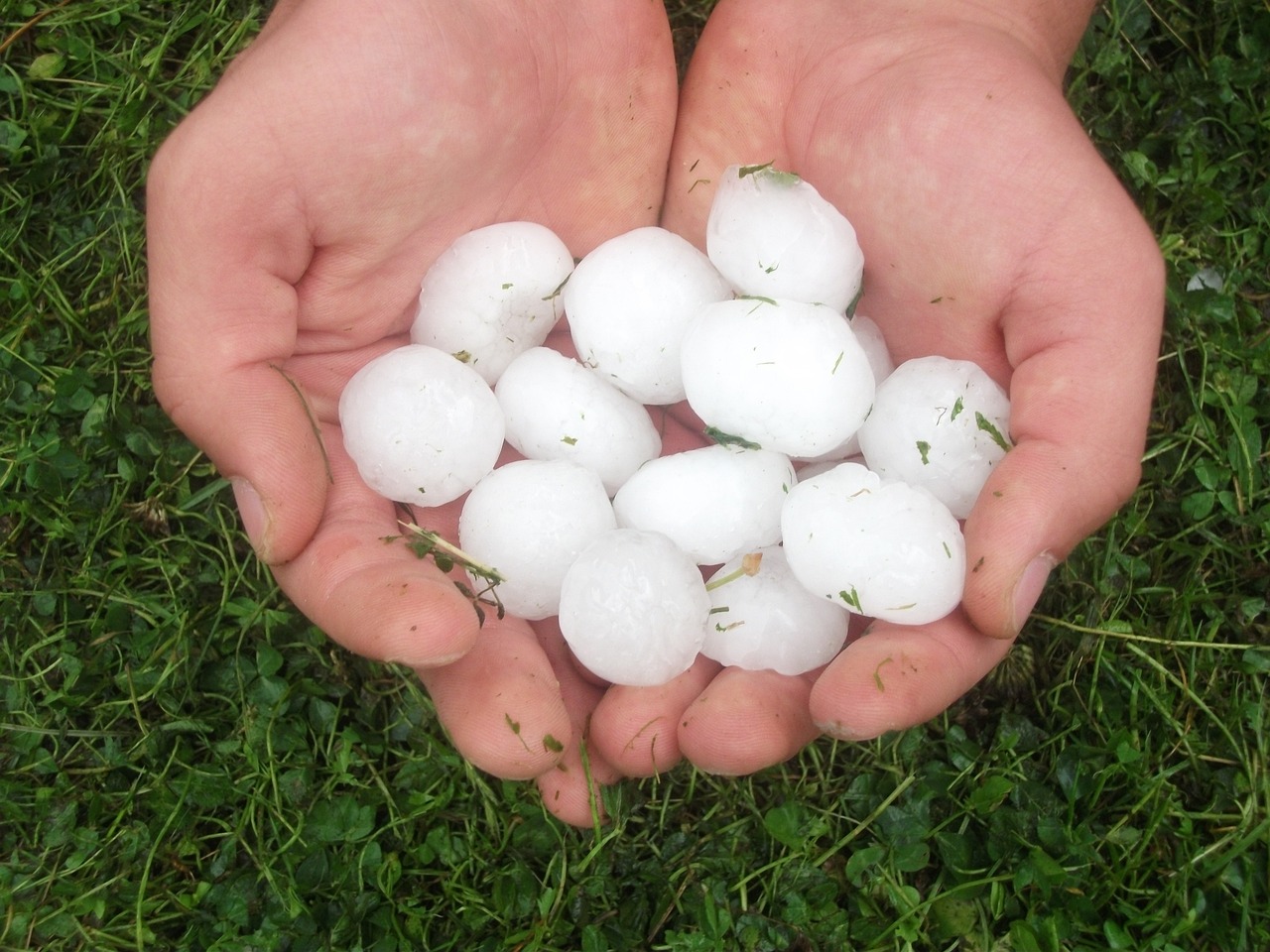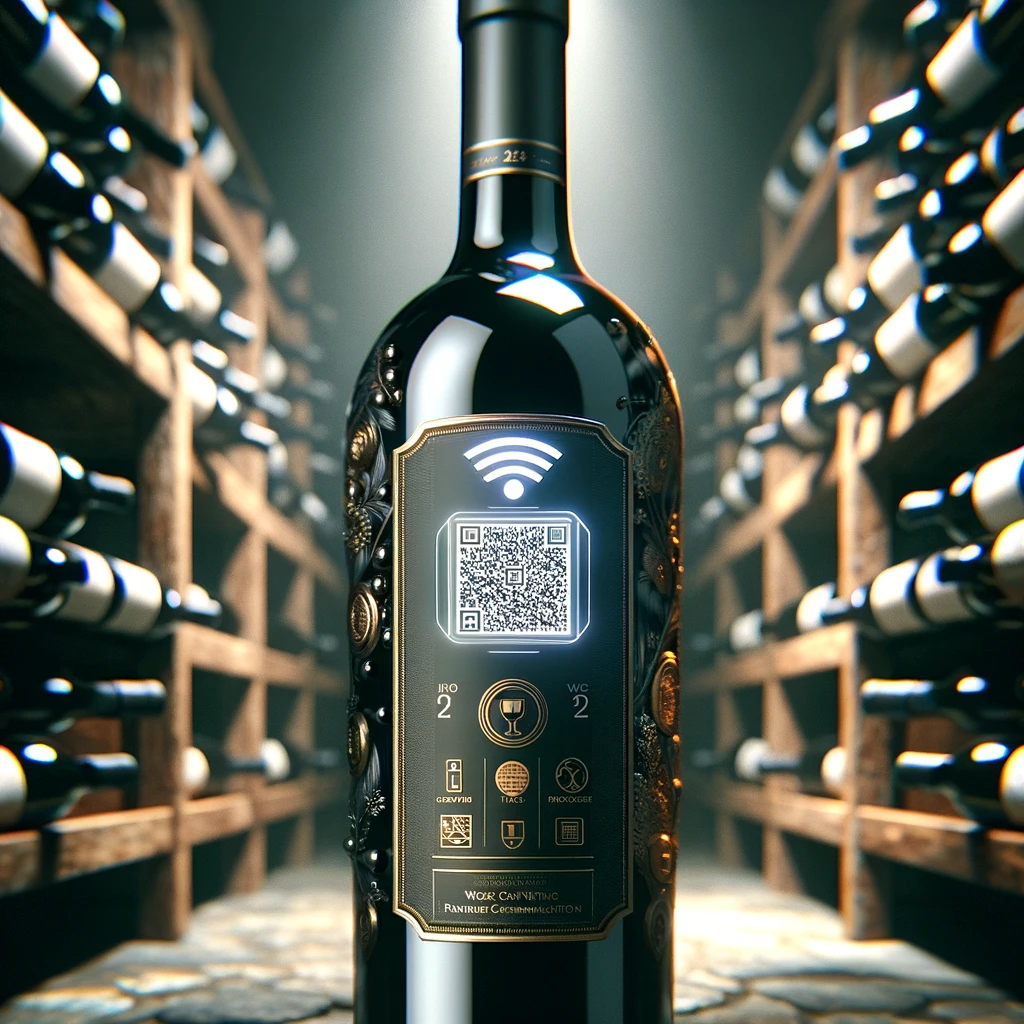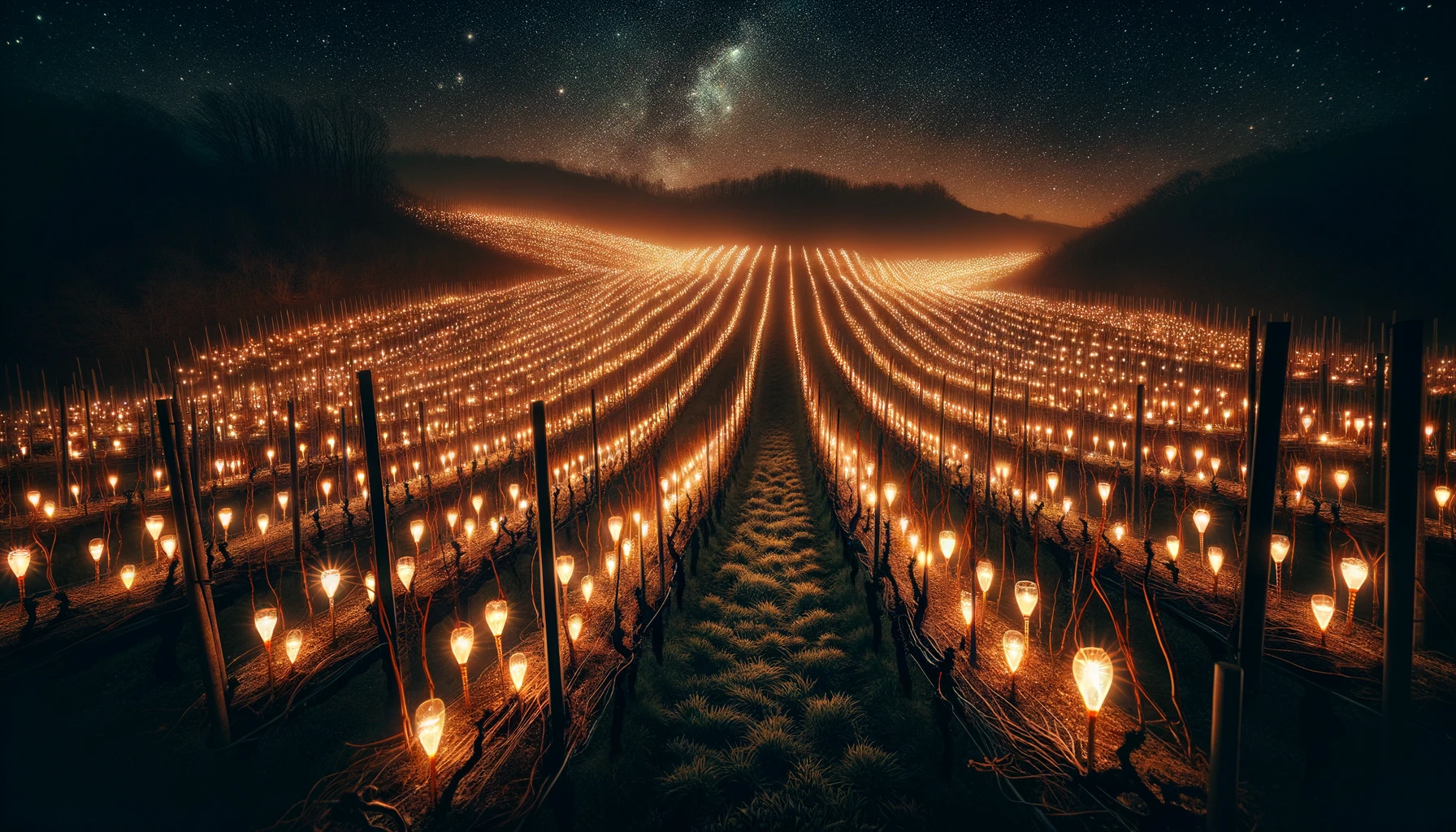Trade wars and their impact on the wine sector, another case of Frexit, or the question of what the structure of Italian wineries (and elsewhere) might look like. Interesting questions in another exciting week in the world of wine, so lots to catch up on in the latest edition of the JollyCellarMaster – here we go:
Collateral Damage, Classifications and the End of Romance?
Using Wine for Negotiations
What have airplanes got to do with wine exports? Well, it isn’t about the little bottles that get served at 30,000 feet. In the specific case we already discussed before, the clash over subsidies for Airbus and Boeing respectively seventeen years ago started a trade war between the EU and the US that led to tarrifs on European wine that cost producers from the Old World dearly.
Talking of trade wars, the ongoing dispute between Australia and China comes immediately to mind: apparently following statements of the Australian government regarding the Covid pandemic and its origins, China decided to slap up to 218% of tariffs on wines from down under, which from moment to another basically closed the door to an important export market.
What both cases have in common is that the wine industry is targeted because of a dispute between former trade partners on something entirely different. Why is that always the case, you’ll ask. That is actually the question that was examined in a study from the University of Illinois.
The study found that wine is an extensively traded product and as a result a common target for retaliation in trade disputes. For instance, it was confirmed, that the recent US-EU trade dispute caused major collateral damage to the wine sector.
The reason wine is such a popular target for trade disputes is that its producers are heavily reliant on export markets, whilst the commodity is of crucial cultural significance for many countries. For example, the European Union produces 60 percent of the world’s wine and accounts for 67 percent of global exports. Other large producers include the US, with 8.2 percent of the world’s output and five percent of wine exports, as well as Australia, Argentina, or Chile. Thus, if you wanted to turn the screws on your trade partners who are among those just listed, tariffs on wine are therefore your weapon of choice.
This, in itself, isn’t exactly groundbreaking but what the authors did was to analyze the impact of tariffs and tariff retaliation by estimating a structural gravity model of global wine trade. They also simulated the effects of tariffs and tariff retaliation, as well as the effects of trade liberalization, on trade and welfare in the international market for wine.
While that is rather technical, they used these instruments to show that recent trade disputes threaten to reduce wine trade by nearly $340 million annually and significantly reduce consumer welfare, while complete trade liberalization would expand trade by roughly $76 million. We will leave you with the numbers speaking for themselves.
The Latest on the St. Emilion Classification
It really is a never-ending stories, it seems. I am, of course, talking about the official classification of wines from St. Emilion and quarrels surrounding it.
In the latest instalment, brought to our attention by the DrinksBusiness, a statement from Malet Roquefort family of Château La Gaffelière confirmed another party leaving, well, the party. The family that has owned the château for more than 300 years, said it no longer recognises “the values in the criteria for evaluating the great terroirs and fine wines of Saint-Émilion as set out by the Classification Committee”.
The statement declared that a first report had “called into question the quality level of our terroir, which has been acclaimed and distinguished by the AOC authorities for more than 65 years”, saying the scoring system put in place for the tasting, “contradicts all the scores that Château La Gaffelière has obtained over many years from the greatest wine professionals”. Thus, a new examination was no longer required an additional examination, which is open to the applicant in case of refusal in the first round.
According to the article, the statement said that “It is now time for us to bow out. We no longer recognize ourselves in this system, to which we are historically attached and which has long honoured us.cWe will continue our work as winegrowers, as it has been passed down to us, while respecting the prestigious terroir of Saint-Émilion, producing wines in our own image, recognized and appreciated by wine lovers around the world.”
Elegantly put. Slightly less, but not necessarily less true, I’ve read a comment put as a question whether the chateau was simply pre-emptively withdrawing the process to avoid a confirmation of the initial verdict and more damage to its reputation. Maybe it really is about the current state of the classification, which has equally been criticised on several occasions, so who knows? What appears to be certain, however, that is not going to be the last episode. To be continued.
The Future of Italian Wineries?
Harpers, among others, reported this week that another big name from Tuscany had changed owners. EPI, the independent family group owned and managed by Christofer Descours, has announced the acquisition of the Isole e Olena estate, one of the historic estates in the Chianti Classico region, from Paolo De Marchi and his family. Founded in 1956 by the De Marchi family, Isole e Olena is located in San Donato in Poggio and is part of the select group of wineries that led in the 1970s and 80s to the recognition of Chianti Classico as a high-quality wine-producing region.
The article says that the 56-hectare (140-acre) estate, best known for its 100-percent Sangiovese Super Tuscan Cepparello wine will join Biondi Santi in the Italian stable of EPI’s portfolio. Other estates owned by the Wine & Champagne division of EPI include Charles Heidsieck, Piper-Heidsieck, Château La Verrerie (Luberon) and Rhône-based négoce Tardieu Laurent. EPI also has a minority shareholding in Liberty Wines – an Italian wine specialist and the UK agents for Isole e Olena.
In the statement, representatives of EPI said that “the acquisition of the iconic estate of Isole e Olena celebrates an important moment for us as we continue to develop our presence in Italy following the acquisition of Biondi-Santi. We firmly believe in the growth potential of the finest Italian wines in major international markets and are determined to continue investing in the quality of our wines, our brands and our distribution networks. We deeply respect Paolo De Marchi’s unique vision, operational excellence, and constant perseverance in producing the estate’s highly refined and authentic wines.” According to the group, Giampiero Bertolini, Biondi Santi’s CEO, will also take over the running of Isole e Olena. Paolo De Marchi will retain his role as winemaker at the estate.
The latter is quoted with saying that “after having devoted a large part of my life to Isole e Olena, I am pleased to see my estate now in the hands of a group that shares the values to which I am personally very attached,I look forward to actively contributing to this exciting new chapter for Isole e Olena and to ensuring a gradual and seamless transition. This transaction does not involve my old family property in Lessona (Alto Piemonte) run by my son Luca who will benefit from my higher support and experience”.
It is the latest in a long line of acquisitions of Italian wineries of great reputation – for example, the acquisition of Jerman by Antinori last year created quite some stir – by larger groups or investment companies. It raises the question what the future holds for the sector in one of the most important producing countries and how might be transformed. Something I’m planning to look into in more detail in the near future and I will keep you in the loop, naturally, if and what I might figure out.
—
Well, that’s all for the week in general terms. However, if you have an interesting story to tell or simply want to chat about wine as a guest on the Podcast, connect on Twitter or drop me a line. And if you want to stay in the loop about things happening at the JollyCellarMaster and the world of wine, make sure you sign up to our newsletter.
—
Disclaimer: As always, I’d like to be completely transparent about affiliations, conflicts of interest, my expressed views and liability: Like anywhere else on this website, the views and opinions expressed are solely those of the original authors and other contributors. The material information contained on this website is for general information purposes only. I endeavour to keep this information correct and up-to-date, I do not accept any liability for any falls in accurate or incomplete information or damages arising from technical issues as well as damages arising from clicking on or relying on third-party links. I am not responsible for outside links and information is contained in this article nor does it contain any referrals or affiliations with any of the producers or companies mentioned. As I said, the opinions my own, no liability, just thought it would be important to make this clear. Thanks!




